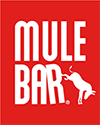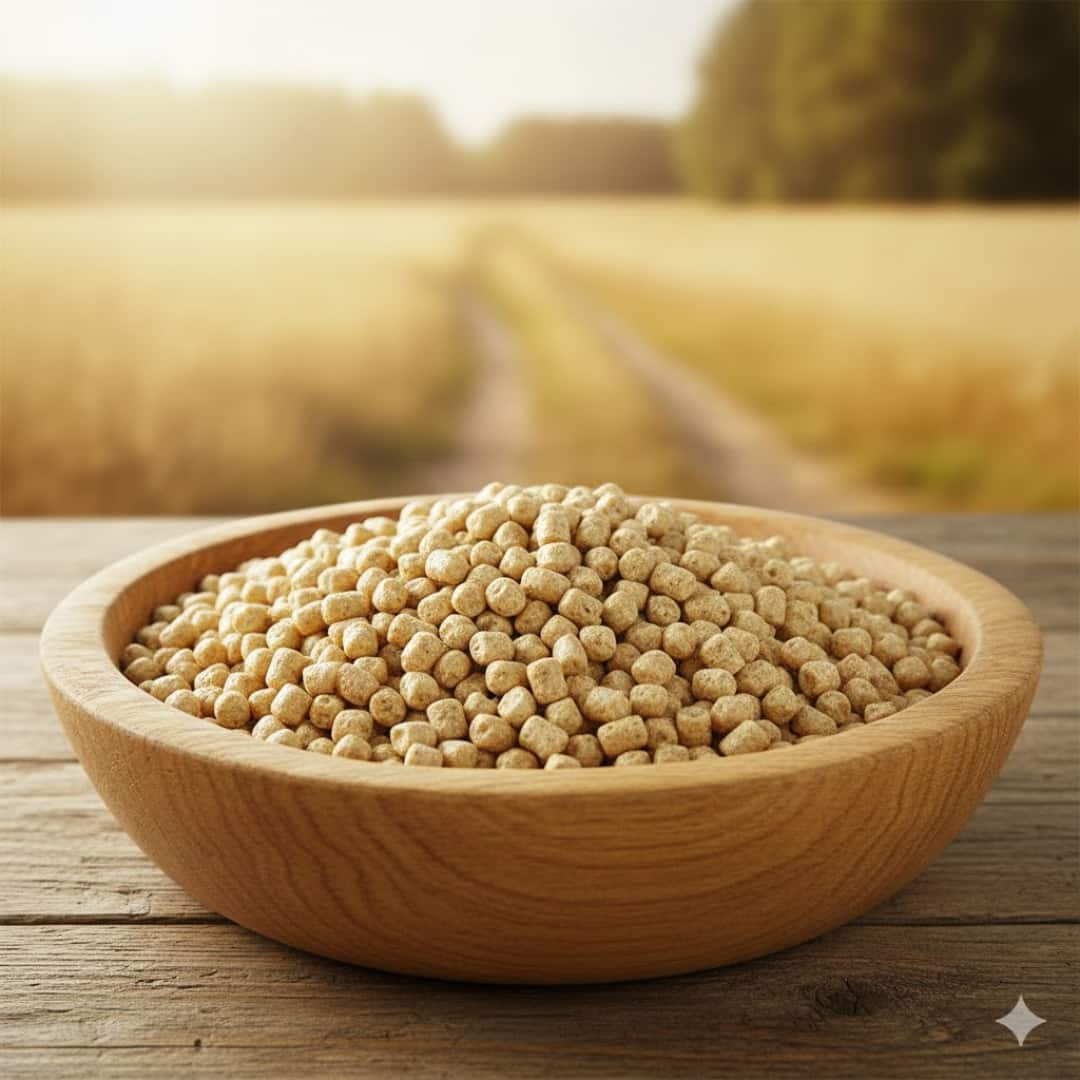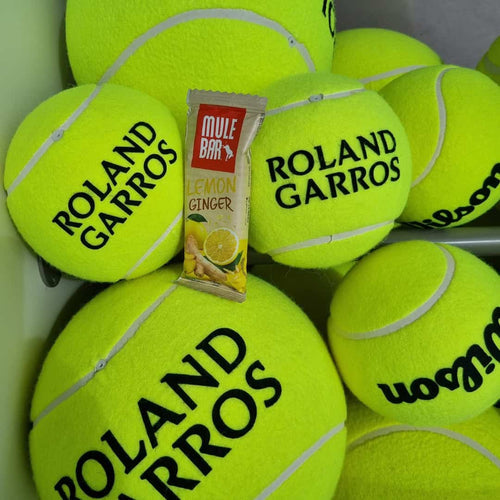More and more athletes are choosing a vegan diet. How is it possible to achieve optimal performance without meat, eggs and dairy products? How do vegans meet their protein needs? Isn't this diet "incomplete" in terms of essential nutrients? In this article, we will explore the benefits of vegan sports nutrition , a growing category in the field of endurance sports, bodybuilding and fitness. You will discover how it is possible to obtain all the essential amino acids, from a strictly vegan diet. How a brand like Mulebar, an online store expert in this field since 2009, offers you carefully selected products and fast delivery. You will get expert advice to avoid nutritional deficiencies and help you make the best choices for your well-being and sports performance. We will see which top athletes have taken the plunge. Whether you're a seasoned athlete or simply someone looking to improve their health and physical performance, this article will give you the tools you need to get the most out of your nutrition.
Understanding vegan nutrition
Vegan nutrition is distinguished by a total exclusion of products of animal origin. It therefore includes not only meat and fish, but also eggs, dairy products and honey. This dietary practice is part of a more global lifestyle, veganism, which rejects animal exploitation in all its forms. Commitment can be motivated by ethical, environmental or personal well-being reasons.
Nutrients in a vegan diet
A well-balanced vegan diet is rich in nutrients. Vegans typically consume more unsaturated fats, fiber, vitamin B9 (folic acid), and vitamin C. Many plant foods are also rich in protein, including legumes, seeds, and some vegetables. However, some vitamins (especially B12) and minerals (iron, calcium, zinc) can be harder to get enough of and require special attention.
Macronutrients in the vegan diet
Beyond micronutrients, this diet must also ensure an adequate intake of macronutrients: carbohydrates, lipids, and proteins. Carbohydrates are essential for energy, particularly during physical exertion. Unsaturated lipids, found in vegetable oils, nuts, and seeds, play an important role in cardiovascular health. Finally, proteins are essential for muscle repair and development.
Issues and challenges of vegan nutrition
Vegan nutrition, although beneficial for our body, when done well, presents some challenges. One of the most important is protein intake, especially for athletes, whose needs are higher. Plant proteins are often less concentrated in amino acids than animal proteins. In addition, it is essential to ensure that we consume enough vitamin B12, which is only naturally present in animal products.
The benefits and advantages of vegan nutrition
Adopting vegan sports nutrition can provide a multitude of benefits for overall health.
Positive impact on body weight:
A vegan diet generally tends to be lower in calories and higher in fiber, which promotes satiety and can help maintain a stable body weight.
Reduction of chronic disease risks:
The abundance of fruits, vegetables, whole grains and legumes in the vegan diet promotes a high intake of vitamins, minerals and fiber, which helps reduce the risk of cardiovascular disease, high blood pressure, type 2 diabetes, and certain types of cancer.
Improved digestion:
The high fiber intake in a vegan diet can promote good digestion, stimulating intestinal regularity and contributing to the balance of intestinal flora.
Reduction of inflammation:
A plant-rich diet can help reduce inflammation in the body, which is especially beneficial for athletes, as excess inflammation can hinder recovery after training and impair athletic performance.
Please note that any diet, including vegan, requires careful planning to ensure that all nutritional needs are met. It is recommended to consult a healthcare professional or nutritionist for personalized advice tailored to your lifestyle and physical activity level.
Benefits for sports performance
Adopting a vegan diet can have a significant positive impact on athletic performance.
Durable energy :
Complex carbohydrates from plant sources, such as whole grains, vegetables, and fruits, provide a slower, longer-lasting release of energy. This can help maintain steady energy levels during training and prevent energy crashes.
Improved recovery:
Plant foods are loaded with antioxidants, which help reduce inflammation and speed up recovery after exercise. Plus, some plant foods, like chia seeds, contain omega-3, which help with muscle recovery.
Optimized hydration:
Fruits and vegetables contain a lot of water which contributes to effective hydration. Proper hydration is crucial for athletic performance as it helps stabilize body temperature and promote the flow of blood and nutrients to the muscles.
Improved heart health:
A vegan diet high in fiber and low in saturated fat can help improve heart health by reducing cholesterol and blood pressure. Good heart health is essential for athletic performance because it allows for better blood flow and delivery of oxygen and nutrients to the muscles.
The challenges of protein intake
One of the main challenges of adopting a vegan diet, especially for athletes, is the amount of protein absorbed. Protein is crucial for muscle repair and growth, and protein demand increases with physical activity.
In an omnivorous diet, the majority of protein comes from animal sources, which are generally complete, meaning they contain all the essential amino acids that the body cannot produce on its own. However, plant-based foods do not contain all of them, which can make it more difficult to get adequate protein intake.
How to avoid deficiencies
It is entirely possible to get enough protein from a vegan diet. Here are some strategies to help you do just that:
Food combining: By combining different types of plant foods throughout the day, it is possible to obtain all the essential amino acids. For example, legumes are low in methionine but high in lysine, while grains are high in methionine but low in lysine.
Protein-rich foods: Incorporate plant-based foods that are particularly high in protein into your diet. Examples include soy, tofu, tempeh, seitan, lentils, chickpeas, beans, almonds, quinoa, and buckwheat.
Supplements: For vegan athletes who have particularly high protein needs, it may be helpful to consider using plant-based protein supplements, such as pea protein powder, soy protein or brown rice protein.
The myth of “incomplete” plant proteins
The idea that plant proteins are “incomplete” and inferior to animal proteins is a persistent myth. This notion stems from the fact that plant proteins must be consumed in “complementary combinations” within the same meal to provide all the essential amino acids the body needs.
The concept of "incomplete proteins" has been widely refuted. The Academy of Nutrition and Dietetics in the United States has stated that plant proteins can provide all the essential amino acids and that vegetarians and vegans are able to meet their protein and amino acid needs from plant foods.
The important thing is to eat a diverse diet throughout the day that includes a variety of plant foods. For example, if you eat grains, legumes, nuts, seeds, fruits, and vegetables throughout the day, you'll likely get all the essential amino acids you need.
The disadvantages of whey protein
Whey protein is very popular in the fitness and bodybuilding world. It is often seen as an easy solution to promote muscle growth and recovery after training. However, despite its popularity, Whey is not without its drawbacks.
Food intolerances and allergies:
One of the main drawbacks of whey is that it is derived from milk, which means it may not be suitable for people who are lactose intolerant or allergic to dairy products. Symptoms can range from mild gastrointestinal discomfort to more severe allergic reactions.
Caloric load:
Another downside is the caloric load that these supplements can bring. Some whey protein products are high in sugar or contain artificial sweeteners to improve taste, which can increase the number of calories consumed and, in the long run, lead to unwanted weight gain.
Excess protein:
Overconsumption can lead to kidney problems and dehydration. In reality, most people, even athletes, get their recommended daily intake through their daily diet.
Long Term Health Risks:
Although research is still ongoing, some studies suggest that long-term consumption of protein powder supplements may increase the risk of health problems such as osteoporosis and cardiovascular disease.
Which top athletes are vegan?
Formula 1 world champion Lewis Hamilton is perhaps one of the most famous examples of adopting a vegan diet. He has repeatedly explained that switching to a vegan diet has not only helped him improve his performance on the track, but also reduced his recovery time and helped him better manage his weight.
Venus Williams, one of the greatest tennis players of all time, went vegan after being diagnosed with Sjogren's syndrome, an autoimmune disease. She found the diet helped her manage her symptoms and maintain her athletic performance. She said that by changing her diet, she was able to continue competing at the highest level of the sport.
Another compelling example is world record holder Patrik Baboumian, who has proven that athletes can achieve incredible levels of strength on a plant-based diet alone. Baboumian, who adopted a vegan diet in 2011, has since set several world strength records.
Professional athletes like Novak Djokovic, Lionel Messi, Cristiano Ronaldo are classified as vegan but in fact, they are not 100% vegan. They admit to having greatly reduced their meat consumption.
The choice of vegan ingredients for the sports nutrition brand Mulebar
Mulebar has been committed to using entirely vegan ingredients in the production of its products since 2009. This choice is not simply a fad or an attempt to capitalize on a trend, but rather a deep commitment to health, ethics, and the environment.

Mulebar energy bars, protein bars, energy gels, energy compotes and energy drinks are designed to provide optimal energy intake, allowing athletes to perform at their best while nourishing their body in a healthy and balanced way. In choosing vegan ingredients, Mulebar pays particular attention to the quality and origin of the products. The ingredients are carefully selected for their high nutritional value but also for their flavor. For example, oats, pea protein, almonds, peanuts, sunflower seeds, quinoa, cashews or walnuts are widely used in Mulebar energy bars for their healthy fat and protein content. Dried fruits provide natural carbohydrates for a sustainable energy release, while superfoods such as Goji berries or Guarana provide a range of essential micronutrients.
Ethically, Mulebar firmly believes in respecting animals and the importance of not contributing to animal exploitation in the food industry. Do you understand our logo better with this little Mule kicking on its front legs to break the codes of this industry?

Finally, commitment to the environment is another major reason why Mulebar has chosen to use vegan ingredients. Animal agriculture is one of the main contributors to climate change, deforestation, and water pollution. By choosing plant-based ingredients, Mulebar is reducing its ecological footprint and helping to protect our planet.
In conclusion, adopting vegan sports nutrition can offer many benefits for both overall health and athletic performance. Whether it is through choosing a vegan diet rich in essential nutrients, improving digestive and cardiovascular health, or reducing the risk of chronic diseases, vegan nutrition is emerging as a viable and promising option for athletes.
However, it is crucial to note that each type of diet requires careful planning and a thorough understanding of individual nutritional needs. Challenges such as protein intake and certain vitamins and minerals require special attention. Additionally, the notion that plant proteins are “incomplete” is unfounded, and a diversified diet can ensure a complete intake of amino acids.
I hope this article has helped you better understand the issues and benefits of vegan sports nutrition . If you are an athlete looking to optimize your performance or simply someone looking to improve their health and well-being, you have what it takes to make your choice. Do not hesitate to consult a health professional or nutritionist to obtain personalized advice and make the best choice for your health and performance.




Leave a comment
This site is protected by hCaptcha and the hCaptcha Privacy Policy and Terms of Service apply.